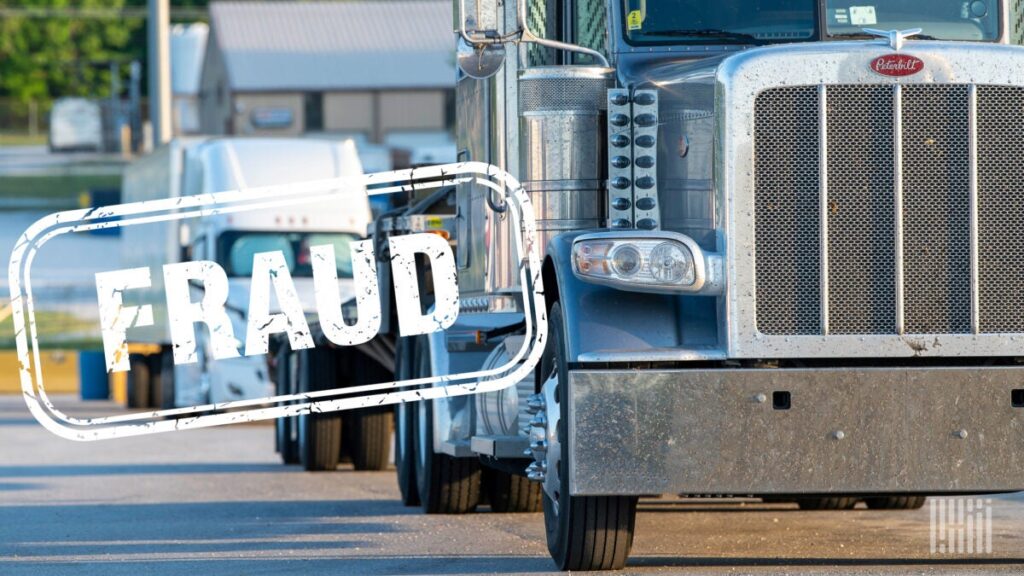Herman Shaw, the owner of Freight Masters Inc., a Memphis-based trucking company, has been sentenced to 30 months in federal prison following his guilty plea to wire fraud charges related to the Paycheck Protection Program (PPP). This program was established in response to the financial challenges caused by the coronavirus pandemic, aiming to assist small businesses by providing funds to cover payroll and other essential costs. Shaw, 44, was also ordered to repay $782,212. His involvement in this fraudulent scheme began in June 2020, when he collaborated with another individual known only as L.E. to submit a deceptive loan application that contained falsified data, including a phony IRS document about the company’s payroll.
The fraudulent application claimed larger payroll expenses and employee counts than reality, allowing Shaw and L.E. to secure substantial government funds unlawfully. Court documents revealed that L.E. received over $260,000 in kickbacks from the scheme, highlighting the collaborative nature of this fraud. Following the theft of these taxpayer dollars, Shaw misappropriated the obtained funds primarily for personal purposes, indulging in luxury items such as cars and gambling activities, rather than using them for legitimate business expenses or to support employees, which the program intended.
The United States Attorney, Reagan Fondren, commented on the severity of Shaw’s actions, emphasizing that individuals like him exploited the generosity of the PPP programs during a time of national crisis, thus harming the taxpayers and undermining the program’s purpose of providing relief to those in genuine need. This case exemplifies a more extensive issue of fraud associated with COVID-19 relief programs, where numerous individuals and businesses took advantage of the urgent financial assistance meant to stabilize the country’s economy during the pandemic.
Freight Masters Inc., which has since been listed as inactive by the Federal Motor Carrier Safety Administration, previously operated with two power units and had two drivers on its payroll. The company’s activities included transporting general freight, mail, and beverages. The decline of the company following Shaw’s fraudulent acts raised questions about the oversight and enforcement mechanisms in place concerning the PPP, as numerous small businesses struggled for survival during the same period.
Shaw’s sentencing has sparked discussions around the accountability of individuals who manipulate relief programs, reflecting broader concerns about the integrity of federal assistance initiatives. Alongside Shaw’s case, other similar instances have surfaced across the trucking industry, highlighting systemic vulnerabilities in the management of pandemic relief funds. These additional cases reveal a disturbing trend of financial crimes within the sector, showing how some entrepreneurs have exploited governmental support systems for illegitimate gains.
The verdict against Shaw represents a necessary step in addressing and rectifying fraudulent endeavors linked to the PPP, reinforcing the legal ramifications for those who take advantage of such programs. As the government continues to enforce rules against misuse, it also serves as a reminder that aid programs must be safeguarded to ensure support reaches those who need it most. The actions taken against individuals like Shaw are crucial in restoring public faith in federal assistance programs designed to provide critical support during unprecedented times.

